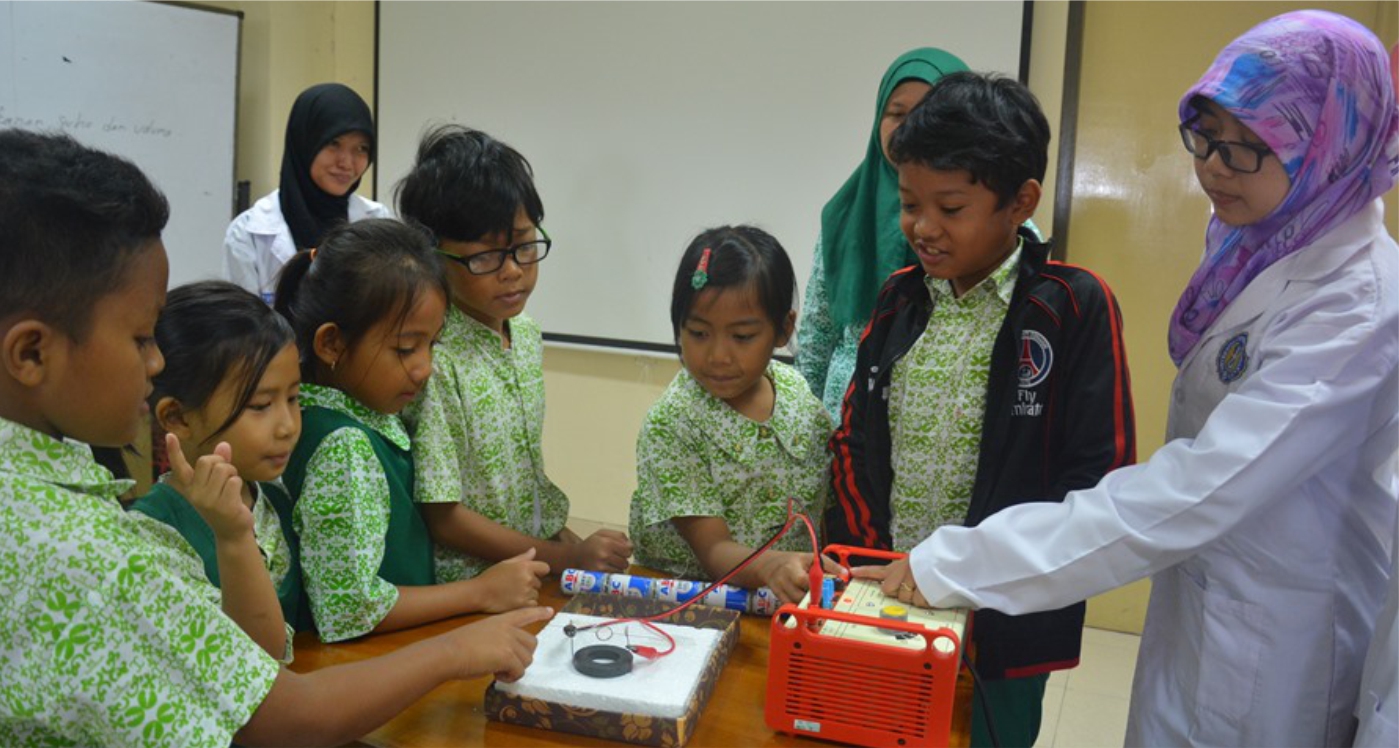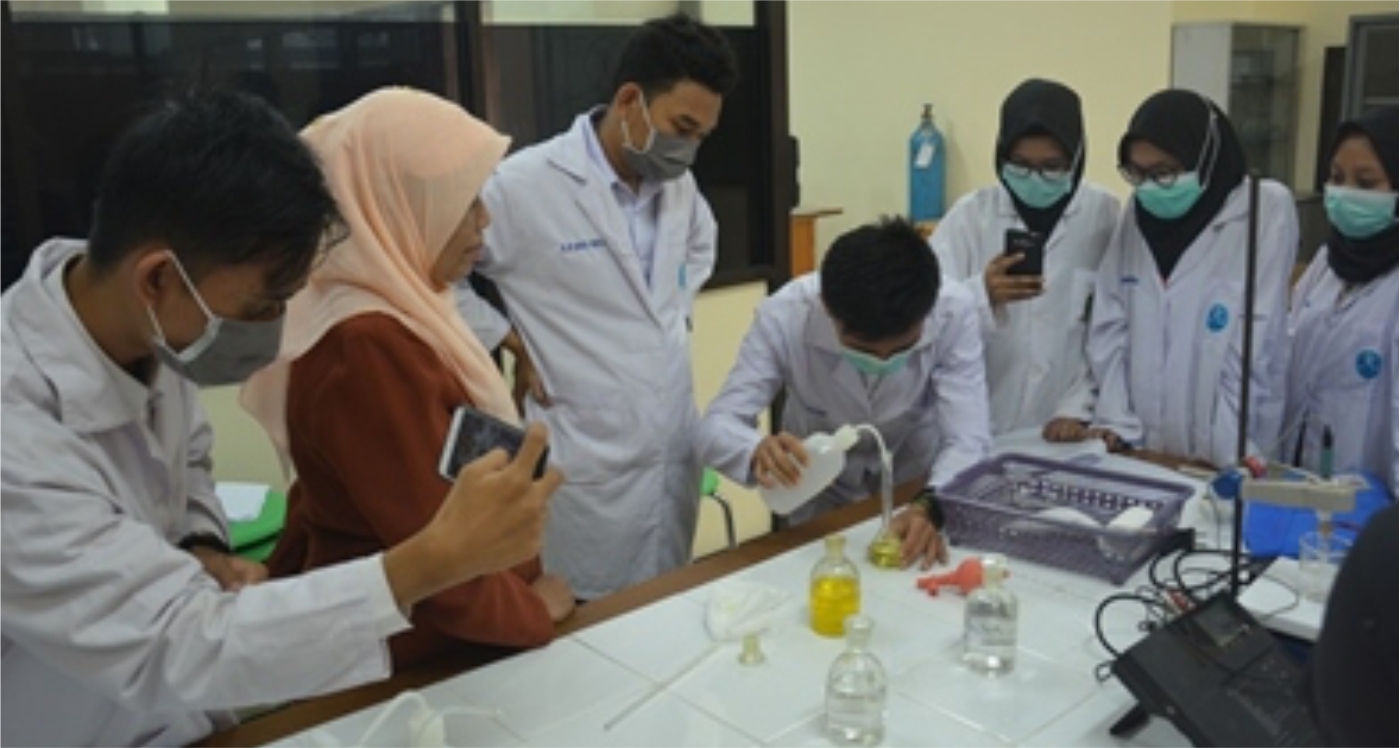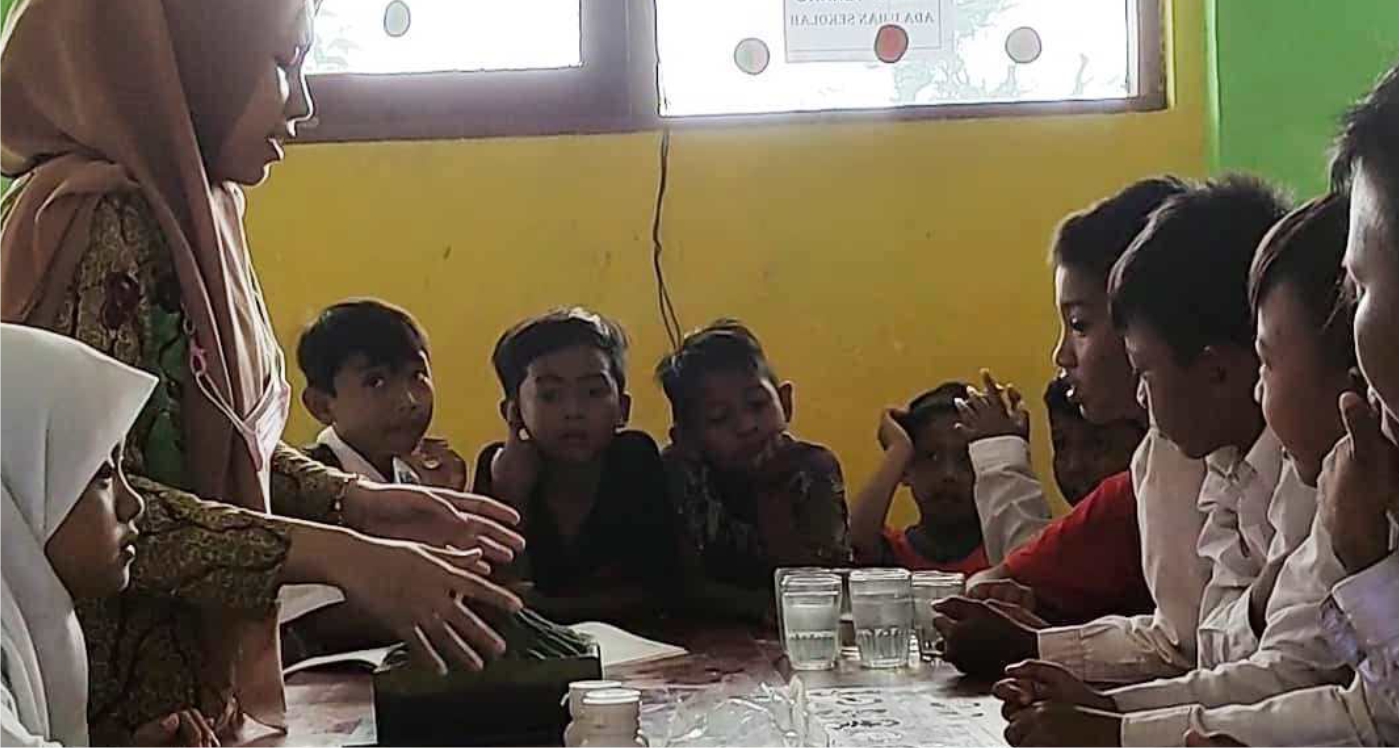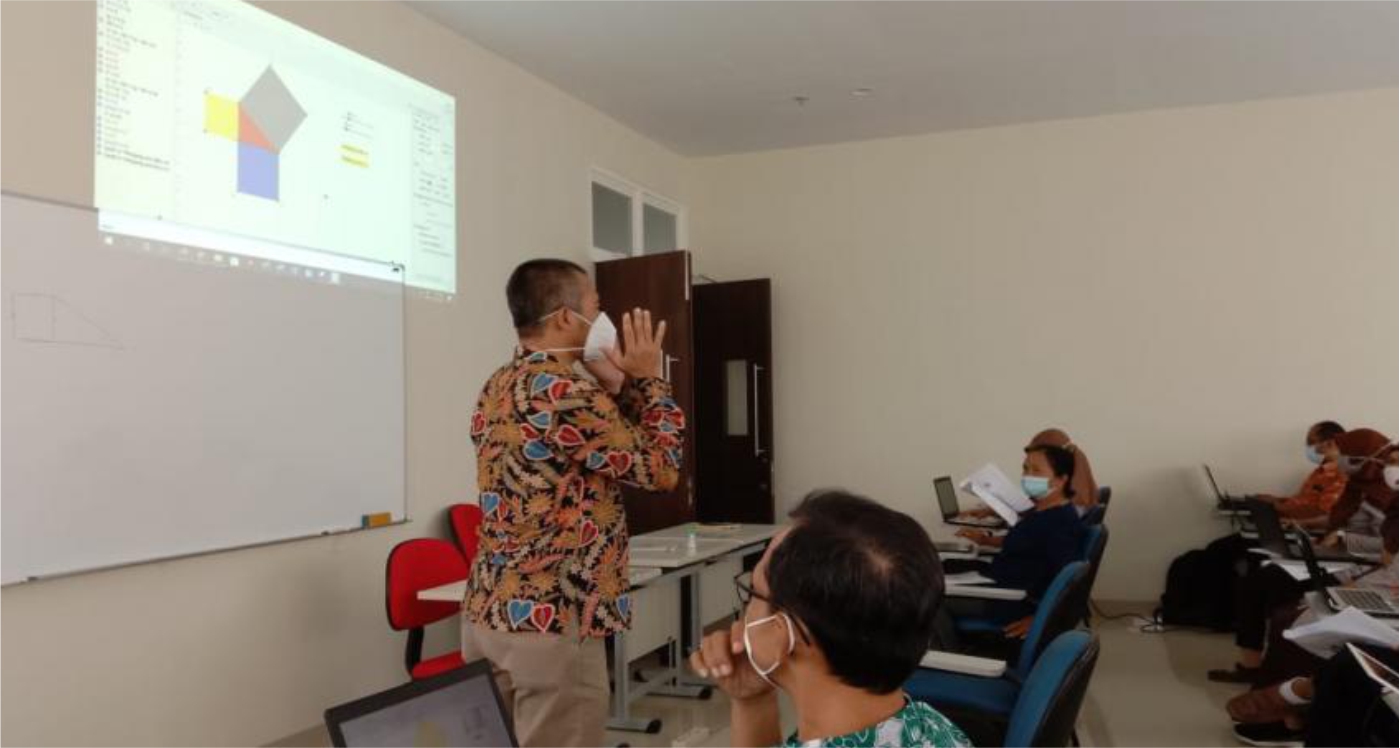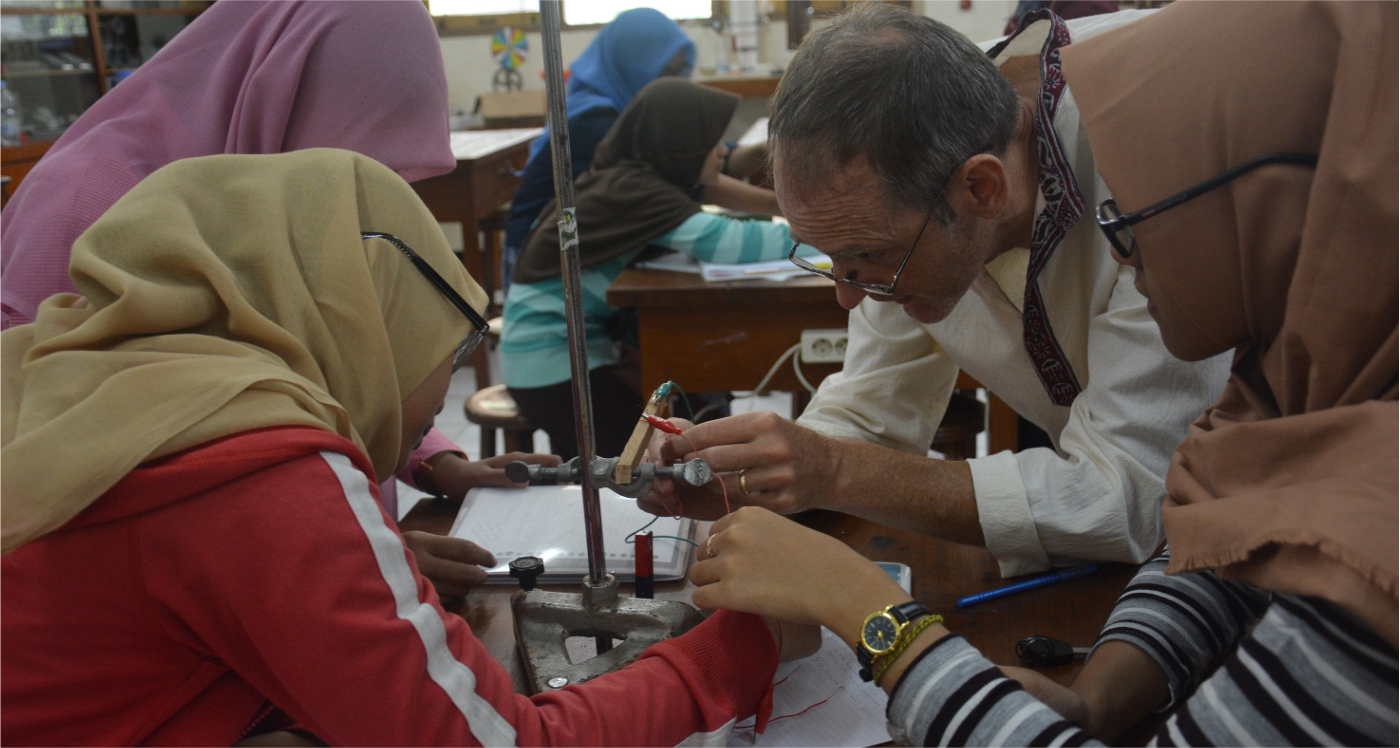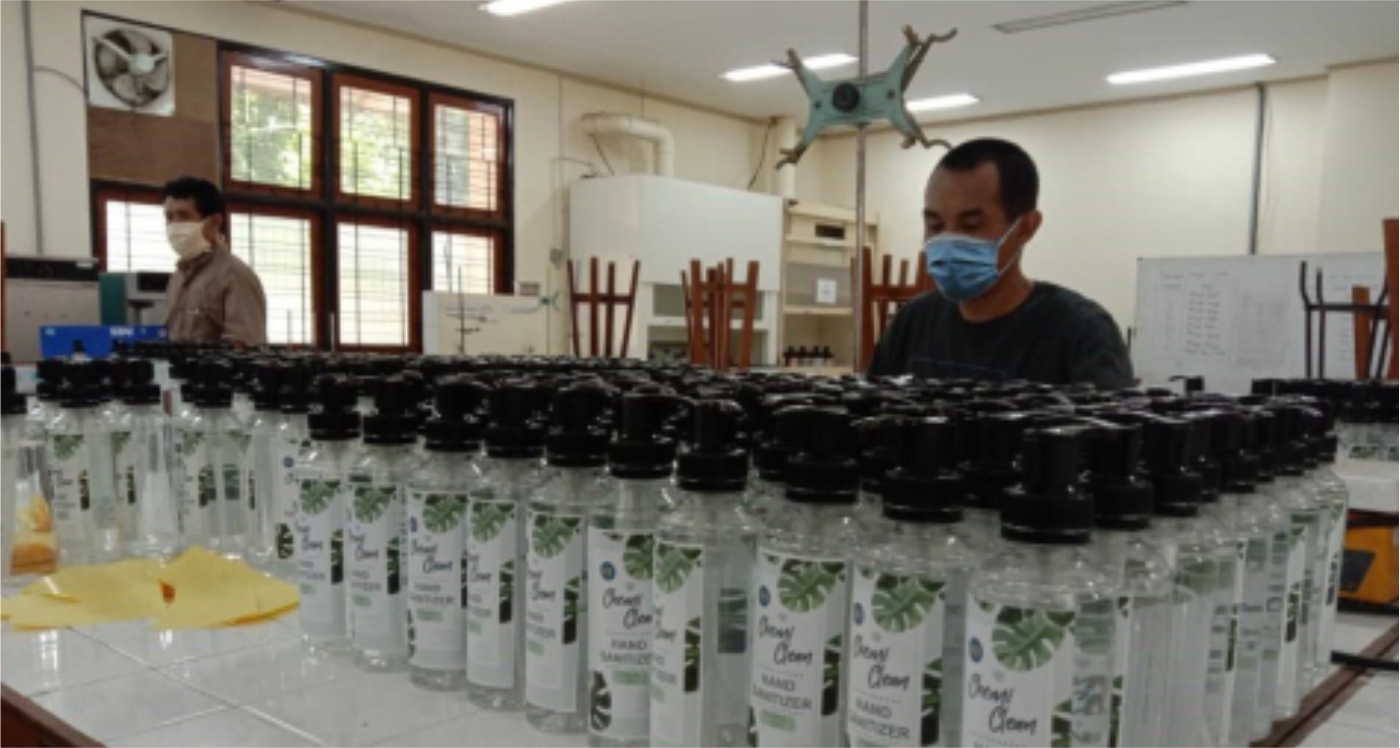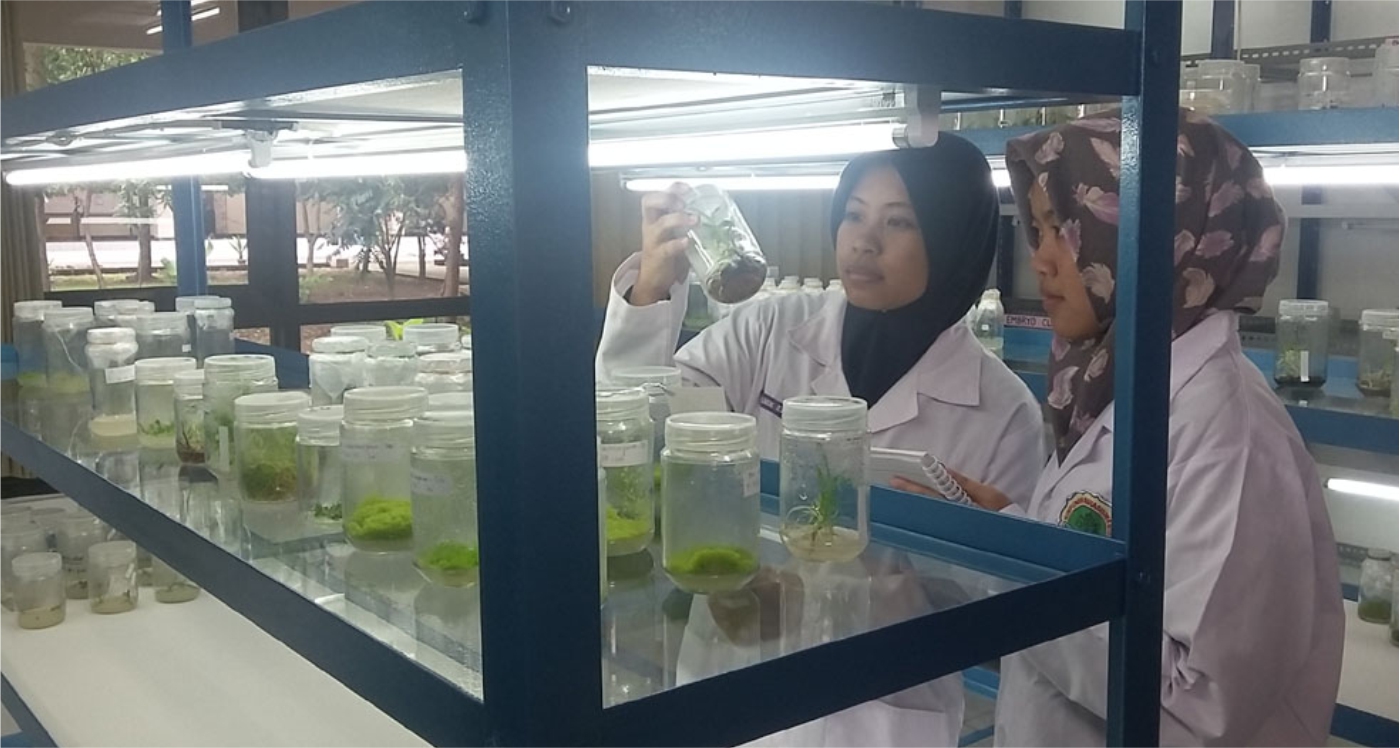FACULTY of MATHEMATIC AND NATURAL SCIENCE
MATHEMATIC EDUCATION
The Mathematics Education Study Program studies mathematical concepts which include mathematical logic and sets, algebra, analysis, geometry, probability theory and statistics in primary and secondary education.
PHYSIC EDUCATION
The Physics Education Study Program studies the basic concepts of science to solve physics problems. Mastering knowledge about students, learning theories and methodologies, principles, procedures, and utilization of evaluation.
CHEMISTRY EDUCATION
The Chemistry Education Study Program learns about insights that include theoretical concepts, structures, properties and changes, knowledge of students, learning theories and methodologies and the use of evaluation.
BIOLOGY EDUCATION
The Biology Education Study Program studies the concepts and principles of the core fields of biology related to objects, levels of organization of life, biological problems, and learns the theoretical concepts and principles of planning, management and skills in implementing learning, evaluation and development of biology learning.
MATHEMATIC
The Mathematics Study Program studies mathematical concepts and reasoning and areas of mathematics, namely: algebra, analysis, geometry, statistics, applied mathematics, or computer science.
PHYSICS
The Physics Study Program studies the theoretical and basic principles of classical and quantum physics, the principles and applications of mathematical physics, computational physics and instrumentation and knowledge of physics-based technologies and their applications.
CHEMISTRY
The Chemistry Study Program learns about the theoretical concepts of certain fields of knowledge in general and the theoretical concepts of special sections in the field of chemical knowledge in depth, skills in the field of chemistry which include structure, dynamics, energetics, and measurement.
BIOLOGY
The Biology Study Program studies the concepts and principles of the core fields of biology related to objects, levels of organization of life, and biological problems, aspects of mathematics, chemistry, and physics related to the mastery of biology academic competencies and biology learning.
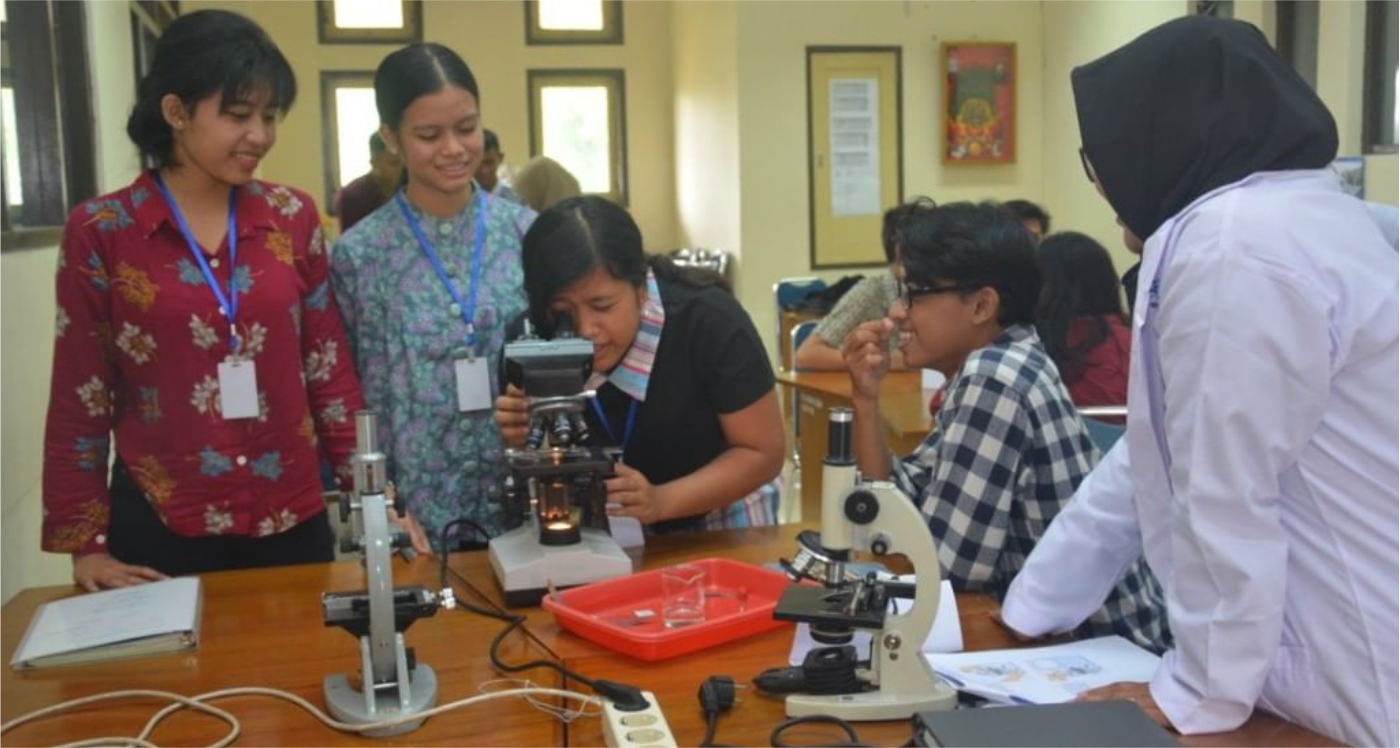
SCIENCE EDUCATION
The Science Education Study Program learns about studying facts, concepts, principles, laws, theories, and procedures for the core areas of science and studying learning theories, student characteristics, strategies, planning and evaluating science learning.
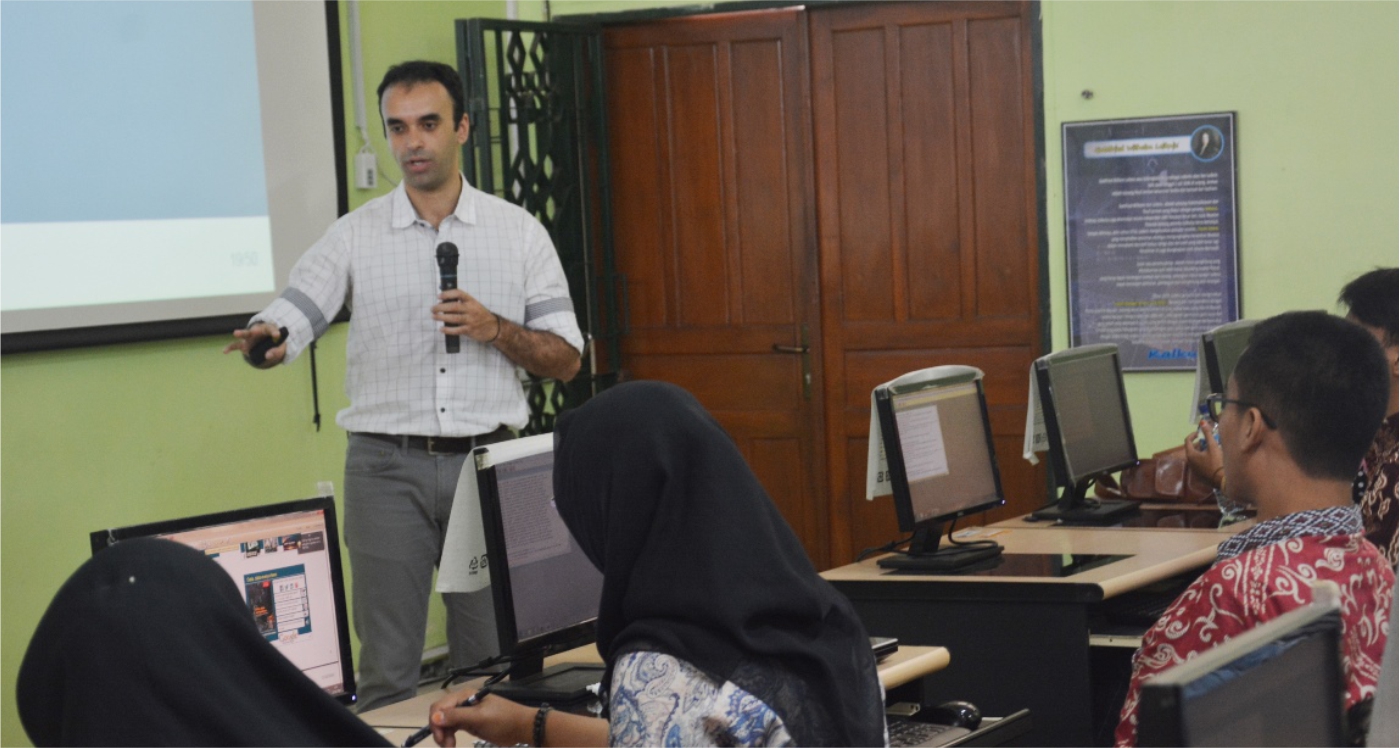
STATISTICS
The Statistics Study Program learns about the basic concepts of mathematics, programming, and statistical science to solve problems in various fields.
.
MATHEMATIC EDUCATION
The implementation of the Mathematics Education Study Program of the UNY Postgraduate Program is based on the demands of increasing the academic ability of undergraduates in their functions as teachers and researchers in order to serve, foster, develop, and practice knowledge to make it more meaningful for the life of the community, nation and state.
PHYSIC EDUCATION
The Physics Education study program organizes physics education research activities to discover, develop, and disseminate knowledge that empowers individuals and communities and supports regional and national development, as well as contributes to solving regional problems.
SCIENCE EDUCATION
Study Master Program in Natural Science Education organizes educational research activities to discover, develop, and disseminate science, technology, arts, and sports, which empower individuals and society. Activities that are routinely held are community service and empowerment.
BIOLOGY EDUCATION
The Biology Education study program produces masters of biology education who have superior qualifications and competencies in the Southeast Asia region, as prospective lecturers as well as researchers and developers in the field of biology education, by upholding the values of piety, independence, and scholarship, and based on local culture and potential.
CHEMISTRY EDUCATION
The Chemistry Education study program provides chemistry education skills education that has competencies: pedagogic, social and professional personality that is reliable at the global level, plays an active role in the development of chemistry education related to theory and practice, research, management policies, curriculum, evaluations and learning technology.
MATHEMATIC EDUCATION
The Mathematic Education Study Program aims to produce graduates with academic and professional competence in research, theoretical development, and innovation in mathematics education.
CHEMISTRY EDUCATION
The Chemistry Education Study Program learns about insights that include theoretical concepts, structures, properties and changes, knowledge of students, learning theories and methodologies and the use of evaluation.
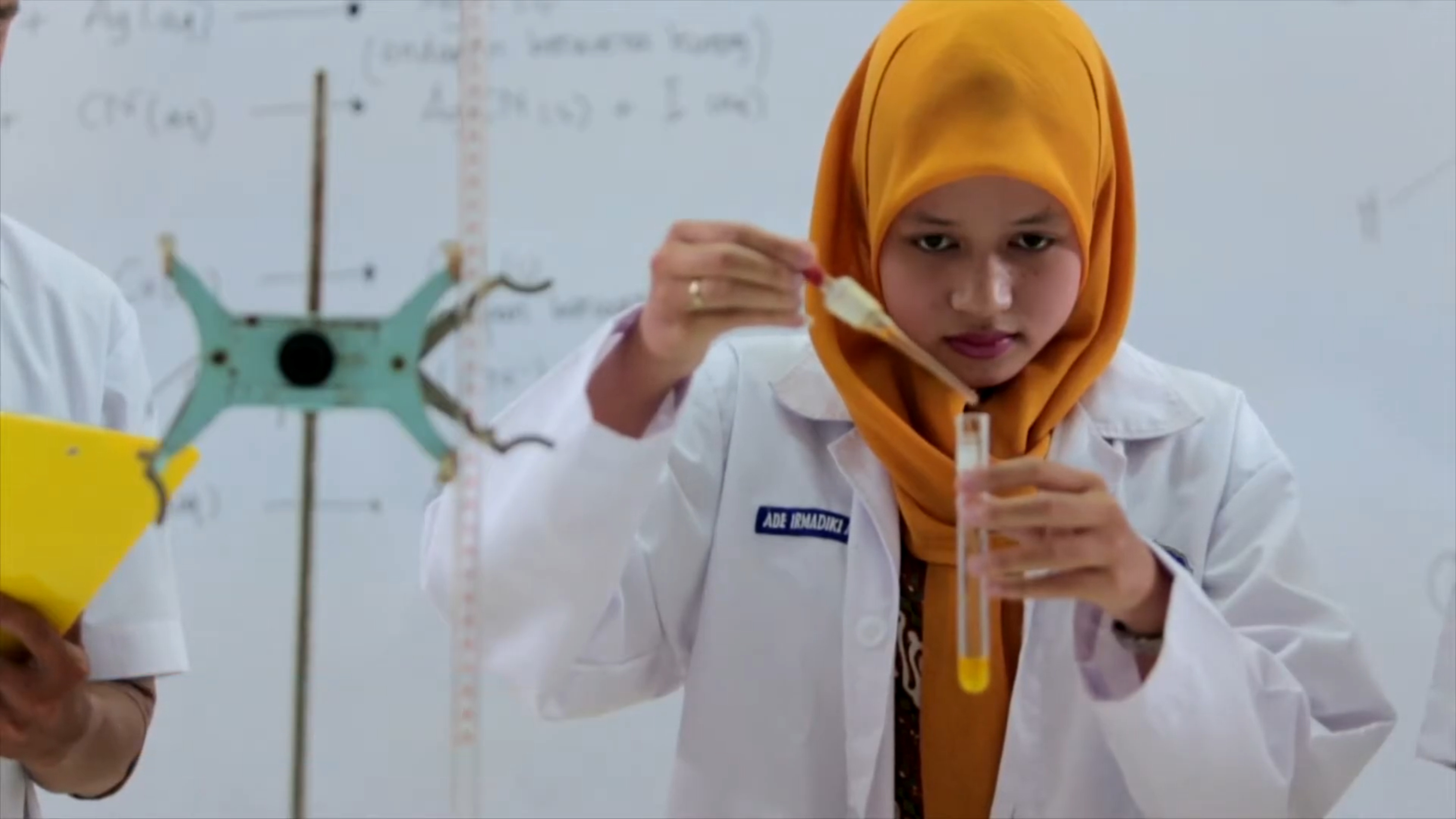
NATURAL SCIENCE EDUCATION
The Doctoral Program in Natural Science Education organizes educational research activities to discover, develop, and disseminate science, technology, arts, and sports, which empower individuals and society. Activities that are routinely held are community service and empowerment.


